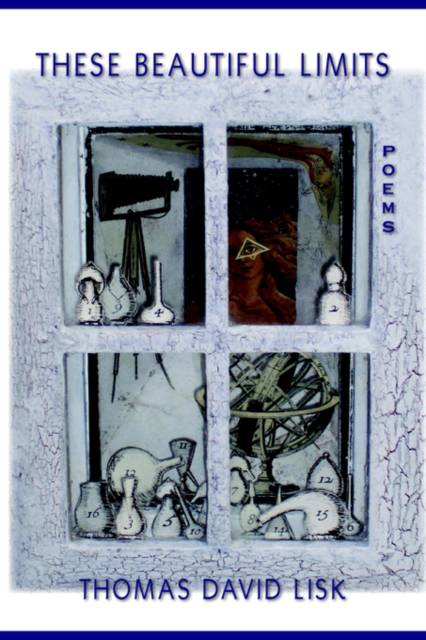
- Afhalen na 1 uur in een winkel met voorraad
- Gratis thuislevering in België vanaf € 30
- Ruim aanbod met 7 miljoen producten
- Afhalen na 1 uur in een winkel met voorraad
- Gratis thuislevering in België vanaf € 30
- Ruim aanbod met 7 miljoen producten
Zoeken
€ 21,95
+ 43 punten
Omschrijving
Description The poems in These Beautiful Limits delight in the transparency-and the obliquity-of language. Invested with a "jocoserious" sensibility, they explore the borders of language to see the ways in which language defines identity-not merely the language of meditation and philosophical inquiry, but also the quotidian language of everyday life that hovers on the edge of forgetfulness. The collection, which culminates in a long poem, "Hemp Quoits," takes as its premise the assumption that the borders of identity are permeable with all the languages the self encounters on a daily basis. The poems value mobility and freedom, yet they recognize that we transact our affairs within borders-the body, the mind, the poem, the sentence, the phrase, the word-and that voyages of being are inevitably processes of discovery: "As long as what you write is in your hand/and my name is nowhere affixed, / any connection will be conjectural. . . ." Lisk's collection finds an aesthetics that comes with this risk-taking with language, one that is affiliated with some of the experimental traditions of twentieth-century American poetry, but not simply reducible to them. Rather than talking about the world, These Beautiful Limits listens to it, and discovers in that attentiveness paradoxes of time, history and desire that are both comical and elegiac. About the Author Work by Thomas David Lisk has appeared in dozens of literary magazines and newspapers, most recently in The Asheville Poetry Review, Connecticut Review, Free Verse, and Hayden's Ferry Review. A collection of his poems, A Short History of Pens Since the French Revolution, was published by Apalachee Press. Praise for These Beautiful Limits In These Beautiful Limits, Thomas Lisk uses anything at hand, including history, linguistics, and enchanted ducks to crack open the eggshell of time and false certainty (he assures us that there is no other kind). His images-powerful and disturbing-shatter the "whispery floating limit" between northern clarity and southern fuzz. Lisk traces in creosote our need for love, for power, or just for a good rojo in a proper glass. He shows us a world (our world) that contains maps that don't talk; peaches out of season; and desire, always desire, burning clearly. An absolute must-read for anyone who cares about the evolution and direction of modern poetry-he takes us on a poetic ride to the 21st century. -Elizabeth Ash Velez, author of The Hell with Love, Kiss Off, and You Drive me Crazy A polypedal prosody with a transcendental leg for each and every grounded foot. -Aaron McCollough, author of Welkin and Double Venus and editor of Gutcult Welcome to a world that includes a wild romp with the Spanish Armada, a catalog of the ponies of the Pyrenees, a digression on the Silk Road and the smoked camel, and so much more. Thomas Lisk's expansive imagination shanghais his readers into a poetic universe that embraces everything from the Iliad to diet cola. His final long poem, "Hemp Quoits," is Mr. Toad's Wild Ride in Franz Kafka's Cadillac with Proust and Groucho in the back seat. Hold on to your hats. This is poetry that will lift you off the ground, and who knows where you'll end up landing. -Barbara Hamby, Writer-in-Residence, Florida State University, author of Babel, The Alphabet of Desire, and Delirium.
Specificaties
Betrokkenen
- Auteur(s):
- Uitgeverij:
Inhoud
- Aantal bladzijden:
- 104
- Taal:
- Engels
- Reeks:
Eigenschappen
- Productcode (EAN):
- 9781932559965
- Verschijningsdatum:
- 1/10/2006
- Uitvoering:
- Paperback
- Formaat:
- Trade paperback (VS)
- Afmetingen:
- 152 mm x 229 mm
- Gewicht:
- 163 g

Alleen bij Standaard Boekhandel
+ 43 punten op je klantenkaart van Standaard Boekhandel
Beoordelingen
We publiceren alleen reviews die voldoen aan de voorwaarden voor reviews. Bekijk onze voorwaarden voor reviews.











